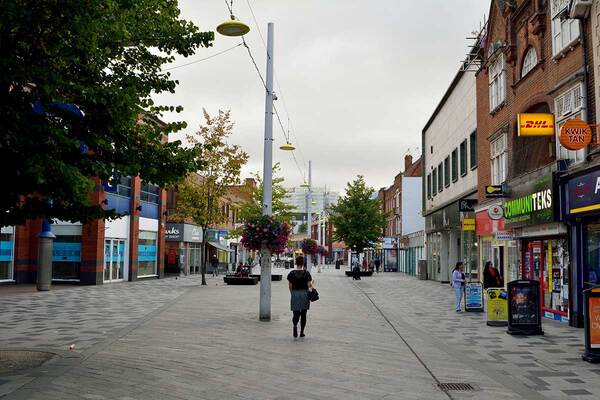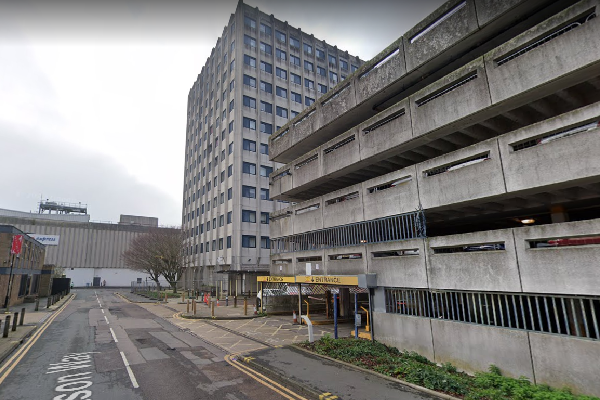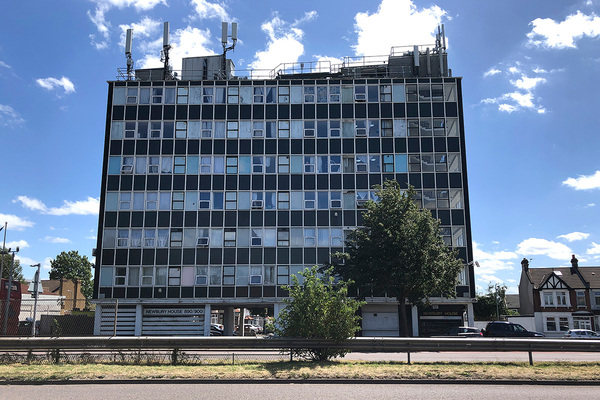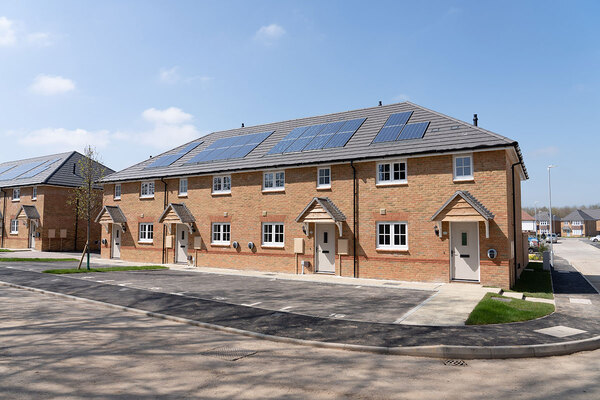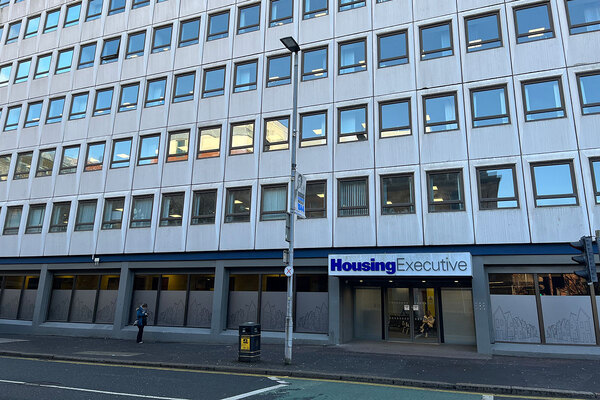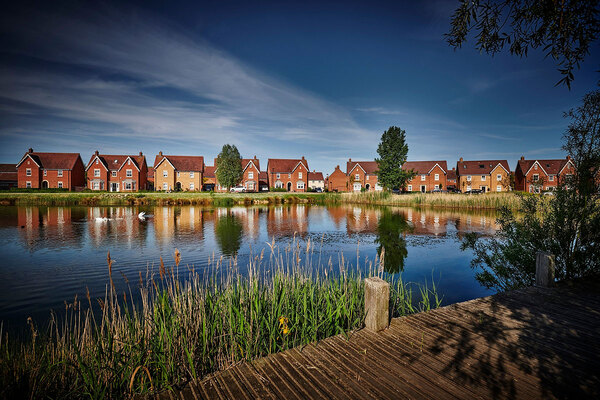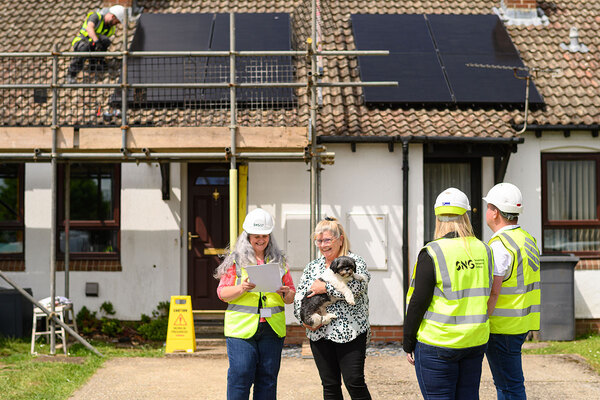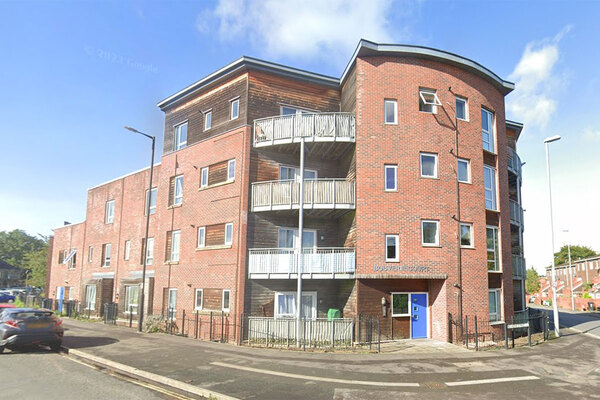You are viewing 1 of your 1 free articles
Gove expected to expand shop-to-house conversions
Michael Gove is expected to officially announce an expansion of permitted development rights (PDR) this week to cover shops and offices of any size.
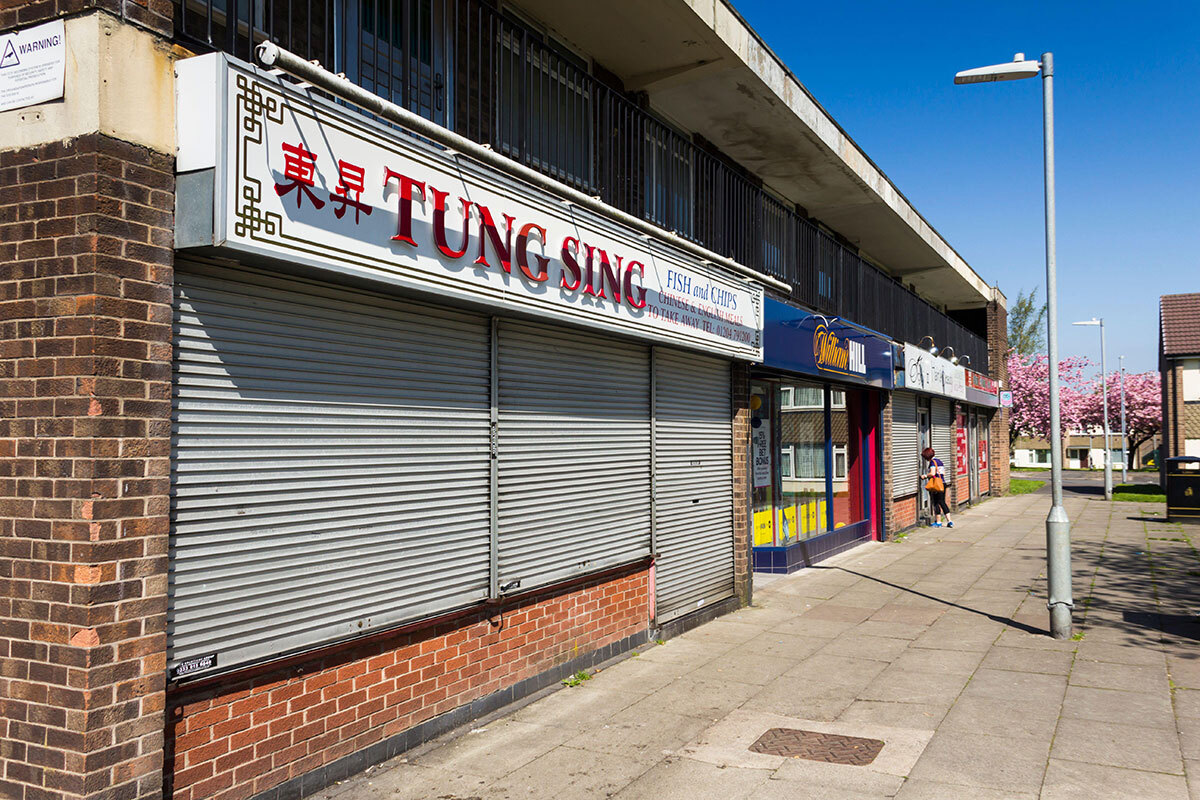
The housing secretary is reportedly also cutting the need for shops to have been empty for a period of time before they can be converted to housing.
Mr Gove first spoke about plans to make it easier for developers to convert shops, takeaway restaurants, and betting shops into housing last July in a speech in London.
Among other reforms, Mr Gove is expected to offer incentives to developers to build on brownfield land and automatically approve sustainable developments on derelict sites in cities such as Birmingham, Sheffield and Manchester, according to various news outlets.
Last week, he warned councils that are not delivering new housing: “You have to automatically greenlight new homes in your area because you haven’t done what you should have done for the next generation.”
PDR rules currently allow large commercial buildings to be turned into homes without planning permission. From 2015 to 2022, 73,575 new houses were converted from offices under PDR.
Unlike most developments, where councils ensure a certain percentage of affordable housing is provided, there is no requirement for affordable homes to be provided via office-to-residential conversions.
In response to his July speech, the Local Government Association warned that offices, shops and barns were not always suitable for housing, and could result in the creation of poor-quality homes.
Samantha Stewart, interim chief executive at the Nationwide Foundation, asked Mr Gove how the government would avoid replicating “the slums and the places that we cannot call homes that have been created over the last decade or so”.
Mr Gove said “we do need to learn the lessons from some of the developments that have emerged”, but added that “a more flexible approach towards use classes are a really good thing in terms of unlocking supply”.
In 2020, a government-commissioned report found that PDR often resulted in poor-quality homes that failed to meet space standards.
Across 11 local planning authorities, just 22.1% of homes created with PDR met national space standards, compared with 73.4% delivered with full planning permission.
In response, ministers made several changes to the rules governing PDR, including ensuring that the converted homes were held to the same space standard as other developments.
The Department for Levelling Up, Housing and Communities (DLUHC) said the proposed amendments to planning law will still require buildings to be safe, uphold good standards of living space and have natural light.
Angela Rayner, shadow housing secretary, said “the public will have lost count on how many times this Tory government has re-announced this policy”.
She added: “Since the Tories came to power, the number of new homes approved on brownfield sites has halved.”
Sign up for our daily newsletter
Already have an account? Click here to manage your newsletters
